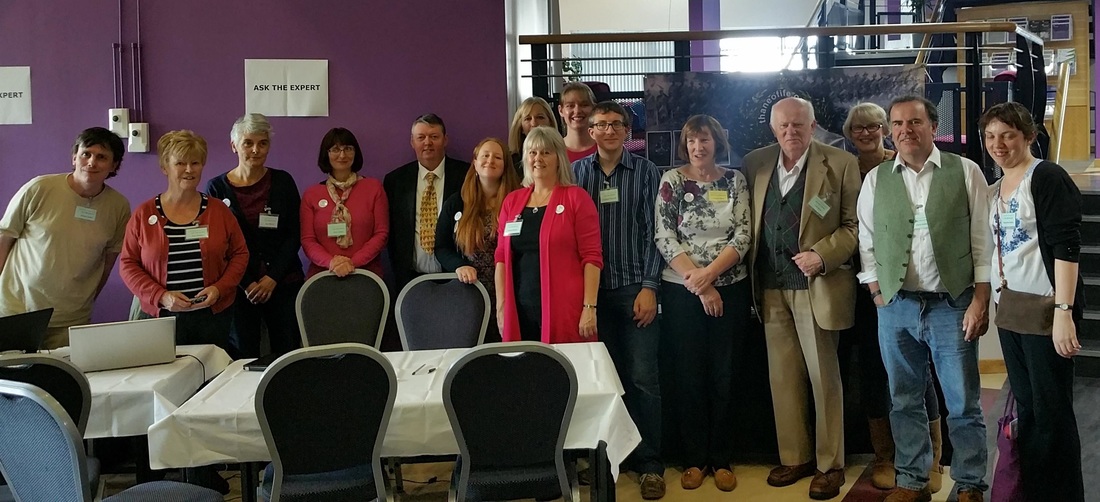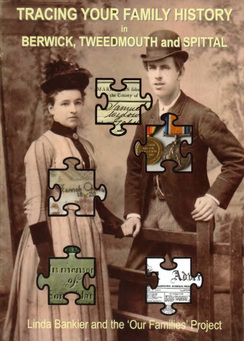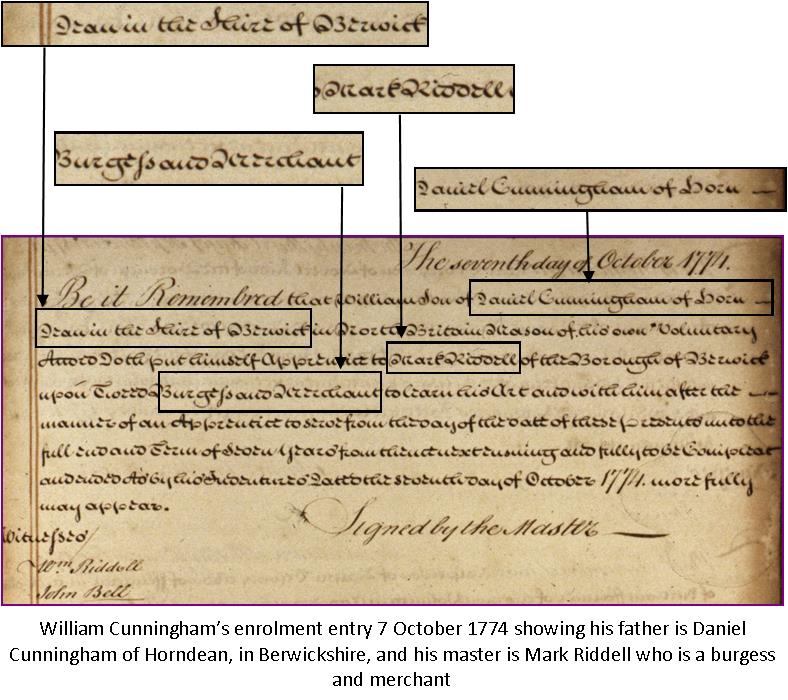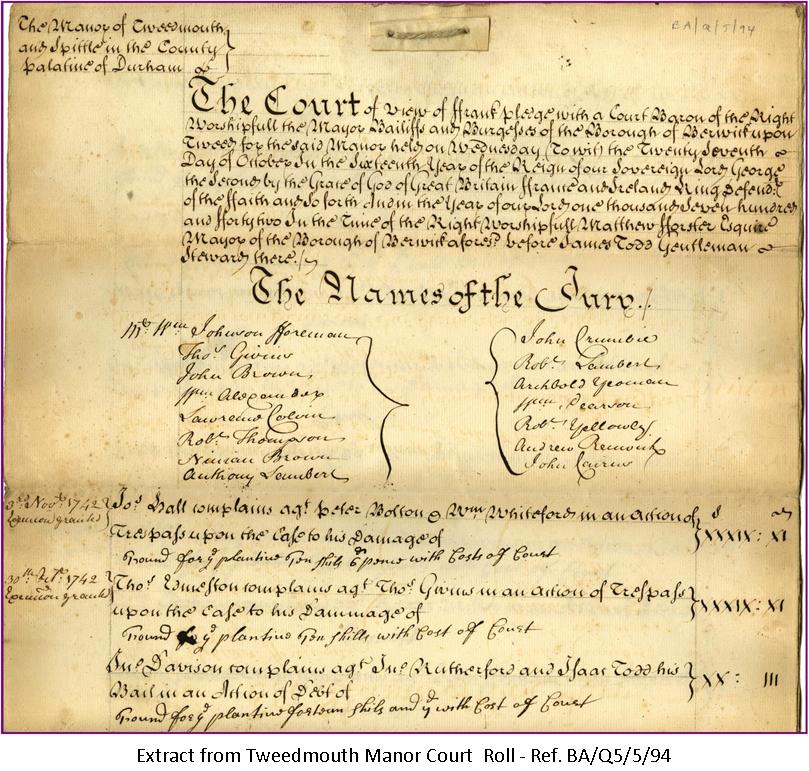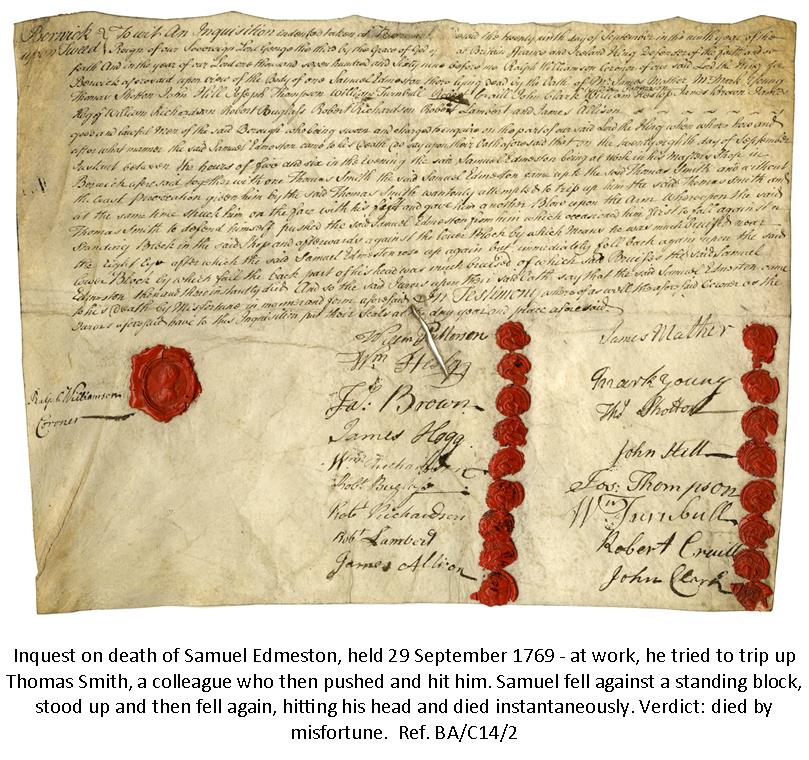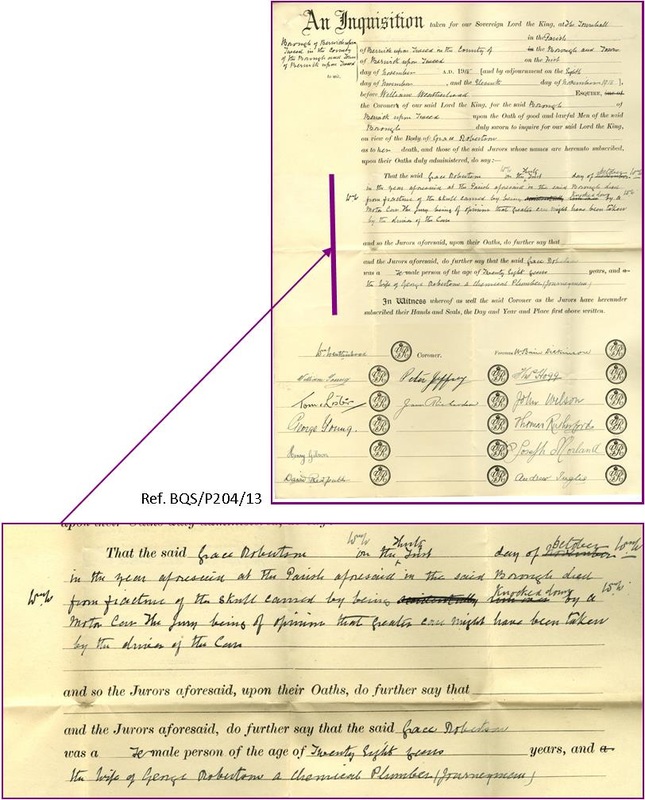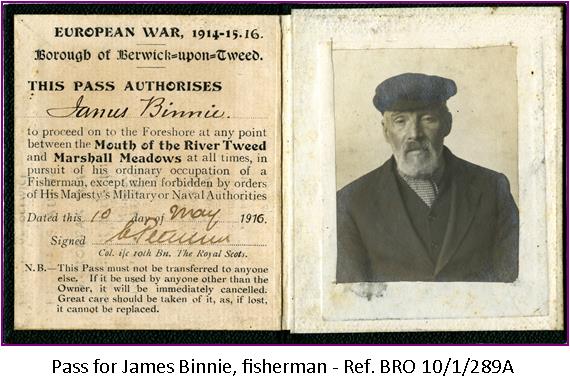|
Family History is a fascinating and rewarding leisure pursuit, currently enjoyed by millions of people around the globe. Historically, tracing your ancestors in the pre-computer era was a painstakingly slow and costly exercise. Advancements in computer software and the resources available online have expanded enormously over recent years enabling many folks to track their ancestors and engage with distant relatives they never knew they had. This is fantastic for those who indulge in what has become a global phenomenon. However, resources on the internet have their limitations, and the vast majority of records, particularly those from the pre statutory registration and census periods remain unavailable online. Sooner or later we all encounter the inevitable ‘brick wall’ and need help, so where do you go and who do you turn to when that wall looms large on the horizon? I know what you are thinking, there now follows a sales pitch on behalf of professional genealogists everywhere, seeking to lighten your pockets. This couldn’t be further from the truth. In this month’s blog I am taking a look at some of the means by which help can be obtained at minimal cost, whilst retaining the integrity of your research. In particular it will focus on consulting an independent professional for free at ‘Ask an Expert’ drop-in sessions, preparing for visit or requesting information from an Archive, and collaborative working with other researchers online. Family history fairs are becoming a popular annual event in many areas, and often admittance is free of charge. These are often organised by the local family history society or archive office, and attract a variety of exhibitors who can offer help and advice with your research. An increasingly popular feature at these fairs is the opportunity to ‘Ask the Experts’. These are personal ‘one to one’ sessions hosted by professional genealogists and local experts. Whilst also free, they are typically of a short duration limited to 20 – 30 mins. Not long at all, so in order to get the most from your session it is best to be properly prepared.
The majority of records you will need to consult from the pre statutory registration period are likely to be held in local archive offices. Again, before planning a visit or making contact, do take some time to consider what it is you are hoping to achieve. The principles outlined above apply equally here too. Whilst we as family historians might think that archives exist for the sole purpose of assisting us in our quest to engage with our ancestors, this is simply not the case. Furthermore, as many will have noticed, our precious archive offices are under threat. Many now have restricted opening times and operate from shared space, often the local library and the archived records themselves are stored offsite. If you are planning a visit, please make contact well in advance to ensure the records can be made available, and to avoid disappointment. The next quandary is which records to consult. Many archives have an outline catalogue of the records in their collection available online. However, without a basic understanding of the various types of records and the information they may, or may not contain, it can feel a bit like playing ‘pin the tail on the donkey’. A top tip here is to purchase a book that can guide you through the records step by step. In this respect I am now, unashamedly, going to recommend a book for such a purpose! For those of you with ancestors in Berwick, Tweedmouth and Spittal, I would say this particular publication is essential reading, for others, for it’s no nonsense tour of the records it comes highly recommended. ‘Tracing Your Family History in Berwick, Tweedmouth and Spittal’ has been written by Berwick Archivist, Linda Bankier as part of a community project funded by the ‘Heritage Lottery’. Some of you will be familiar with the ‘Our Families’ project which formed part of the programme of events celebrating 900 years of Berwick’s history. This book offers an opportunity not just to benefit from Linda’s in depth knowledge of the archives in her care, but from her knowledge as a highly respected postgraduate tutor in ‘English Skills and Sources’ with Dundee University. In my opinion the book represents excellent value at £8.99 plus p&p! In Linda’s own words: ‘The guide itself covers a variety of sources, both basic and advanced which could be used for research. Some of these are kept in the Berwick Record Office whilst others can be consulted further afield or online’…these sources can help ‘put flesh on bones’ and build a picture of your ancestors, their lives and the area in which they lived’. To this end the book does not disappoint! From the outset the reader is taken by the hand and led every step of the way. It begins as you would expect with the Basic sources – Civil Registration and Births Marriages and Deaths or ‘BMD’s’. Why they were written, by whom, and the errors as well as the information you are likely to encounter. You have purchased a certificate, but have you picked up all the clues it contains? As the book progresses more complex sources are introduced. Historically, systems of administration were very different from today, and underwent frequent and often radical periods of change. Yes, historically the Church did have a far more prominent role in society, but there are many other institutions and organisations that played their part too. These records may also provide happy hunting grounds for family historians. Think about your ancestors occupations – how did they come to be a tailor, a tanner, a cooper etc? Did they learn their trade through an apprenticeship, or were they Master tradesmen? Many cities and towns had Guilds, similar to modern day trade unions, which controlled and supported their members. Berwick as a ‘Royal Burgh’ has a long and complex history, and the ‘Guild of Freemen’ as well as controlling trade, was responsible for the governance of the town. Another group of administrative records that are often overlooked, but which are full of historical detail are those of the manor courts. Often referred to as ‘Manorial Records’ they are the forbears of the modern system of property ownership and tenure. Some manorial courts also dealt with petty crime such as debt, affray, and nuisance. Different tenures came with differing responsibilities and rights, too lengthy to explain here, but again are clearly laid out in the book. In addition to the above are the records of the Assizes or Quarter Session courts which could pass a sentence of death, and for lesser offences the Petty Sessions which dealt with petty theft, drunkenness, licensing and after 1844 bastardy. Other records that may pass under the radar of many are Coroners Records, Poor Law, Police, Port Authority, and Freemasons. Sources such as these and many others are clearly laid out and explained in the book. Each section contains a case study undertaken by the project volunteers, together with an interpretation of the information discovered. These are then followed by a comprehensive list of ‘finding aids’ detailing which records and the dates covered that can be found in the Berwick Archives, and those that can be found further afield, or online. Many of the older documents are written in what is known as a ‘secretary hand’ which will be unfamiliar and difficult for the modern reader to understand. Here, Linda has included helpful hints to look out for, which point to sections of the document that may contain the information you seek. All in all a thoroughly comprehensive guide and companion to the records typically held by English archive offices containing clues for the family historian. Although the book has only just been released it is proving extremely popular. Should you wish to purchase a copy here is an order form you can download and post with your payment to Berwick Record Office.
My final word this month concerns etiquette online. Many people choose to host their family trees publicly with companies such as Ancestry. If approached in a sensible manner this can be a great way of meeting and connecting with distant relations you never knew you had. I now have a fantastic global network of family members from different branches of my own tree who I have met using this method and who regularly keep in touch. However, all my various branches of research are set to ‘private’, and for a very good reason. Firstly, as it is easy and free to copy information from any tree that is viewable by the public, it is regularly ‘hijacked’ and used in trees that are completely unrelated. This is nothing new, but it seems this problem has now reached such epidemic proportions that the majority of trees have become grossly inaccurate. Just this month I have personally received two emails from people who are finding the misuse of their family information highly distressing, asking what can be done about it. The short answer is nothing – other than point out the errors to those concerned, who in my extensive experience don’t listen and certainly won’t correct their mistakes. Secondly, and possibly worse are those who blithely help themselves to other people’s family photographs, certificates and stories. A lot of this information does not come cheap and may have taken many years to amass. If you believe you are connected to the owner of an online tree, make contact with them, introduce yourself and verify the familial connection. Then, and only then ask if you may copy their information and please respect the owners wishes regarding its subsequent use. If they request that it be kept private, do just that. You only need to read the letters page of this month’s edition of ‘Your Family History’ magazine to appreciate the offence that is caused by those who do not. Thirdly when making contact with other tree owners try to be polite. Although my information is kept away from prying eyes and the dastardly copy function, it does appear in the searches. This allows people to contact me should they wish to do so for further information. Recently however, there appears to be a new breed of ‘animal’ doing the rounds that is particularly unpleasant and frankly downright rude. A self-styled ‘amateur’ contacted me who seemed to be of the opinion that he had a right to my information as it pertained to his family too, which unfortunately in this case it did, but thankfully gratifyingly distant! Had his approach been more civil then he would be greatly enlightened by now, but as it is he can remain in the dark! A couple of key points that will help keep your research safe online and maintain its historical integrity:
When a modicum of common sense and basic good manners are exercised, sharing information in this way can be highly rewarding. Last month’s blog about the Berwick family and a bit of a ‘special’ that is coming up for readers in November illustrate just how well, and how far, collaborative working can reach. It can take your research to a whole new level, and build lasting friendships with your new extended family.
1 Comment
|
AuthorSusie Douglas Archives
August 2022
Categories |
||||||
Copyright © 2013 Borders Ancestry
Borders Ancestry is registered with the Information Commissioner's Office No ZA226102 https://ico.org.uk. Read our Privacy Policy
